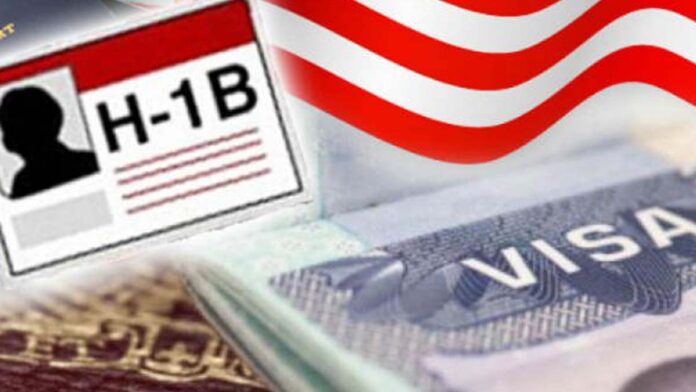In summary, the Supreme Court’s decision overturning the Chevron precedent presents both opportunities and challenges for Indian immigrants in the US
The recent ruling by the US Supreme Court to overturn the long-standing Chevron precedent is poised to have significant ramifications for Indian immigrants in the United States. This landmark decision mandates courts to independently evaluate federal agency decisions, moving away from the practice of automatically deferring to them. This change is expected to affect various aspects of immigration law that directly impact the Indian diaspora.
Immigration attorneys anticipate that this ruling could improve success rates for US employers seeking to hire immigrant workers, particularly those holding H-1B visas. Previously, visa denials based on the specialization of the occupation faced significant challenges, but now these cases may have a better chance of being resolved in favor of the applicants. However, the ruling could introduce legal uncertainties for H-4 visa holders—spouses of H-1B visa holders pursuing green cards.
This shift allows both favorable and unfavorable decisions by agencies like the USCIS and the Department of Homeland Security to be subject to judicial review. Such reviews will be based on the agencies’ interpretations of various factors, potentially leading to a more stringent adherence to statutory language and limiting broad interpretations of immigration laws by these agencies.
While it may facilitate better outcomes for H-1B visa holders, it also introduces uncertainties for H-4 visa holders, signaling a complex and evolving legal environment
One notable group affected by these changes is Save Jobs USA, an organization advocating for tech workers. They are currently challenging the H-4 Employment Authorization Documentation (EAD) rule in court. Save Jobs USA argues that the Supreme Court’s decision undermines the legality of the H-4 EAD program, which they believe was created without Congressional authority.
The H-4 EAD program permits nearly 100,000 Indian spouses on dependent visas to work or run businesses, providing critical support for immigrant families facing prolonged waits for green cards. With the evolving legal landscape, these families now face a period of uncertainty regarding their ability to continue working legally in the United States.
The implications of this ruling are complex. While it may benefit US employers hiring H-1B or L-1 workers through intra-company transfers, it could also lead to successful federal court challenges against certain USCIS interpretations, such as those related to “extraordinary ability” or “outstanding researcher” categories. The USCIS may now be required to strictly follow statutory language, potentially limiting their ability to broadly interpret immigration laws.
***********************************************************
Readers
These are extraordinary times. All of us have to rely on high-impact, trustworthy journalism. And this is especially true of the Indian Diaspora. Members of the Indian community overseas cannot be fed with inaccurate news.
Pravasi Samwad is a venture that has no shareholders. It is the result of an impassioned initiative of a handful of Indian journalists spread around the world. We have taken a small step forward with the pledge to provide news with accuracy, free from political and commercial influence. Our aim is to keep you, our readers, informed about developments at ‘home’ and across the world that affect you.
Please help us to keep our journalism independent and free.
In these difficult times, running a news website requires finances. While every contribution, big or small, will make a difference, we request our readers to put us in touch with advertisers worldwide. It will be a great help.
For more information: pravasisamwad00@gmail.com




